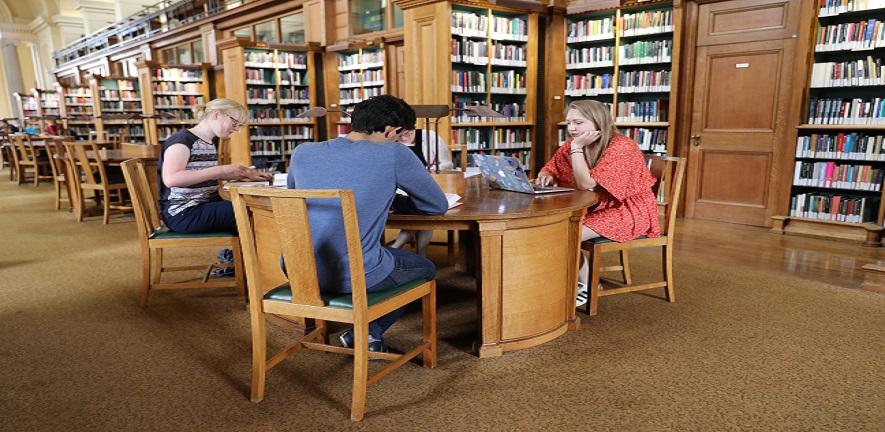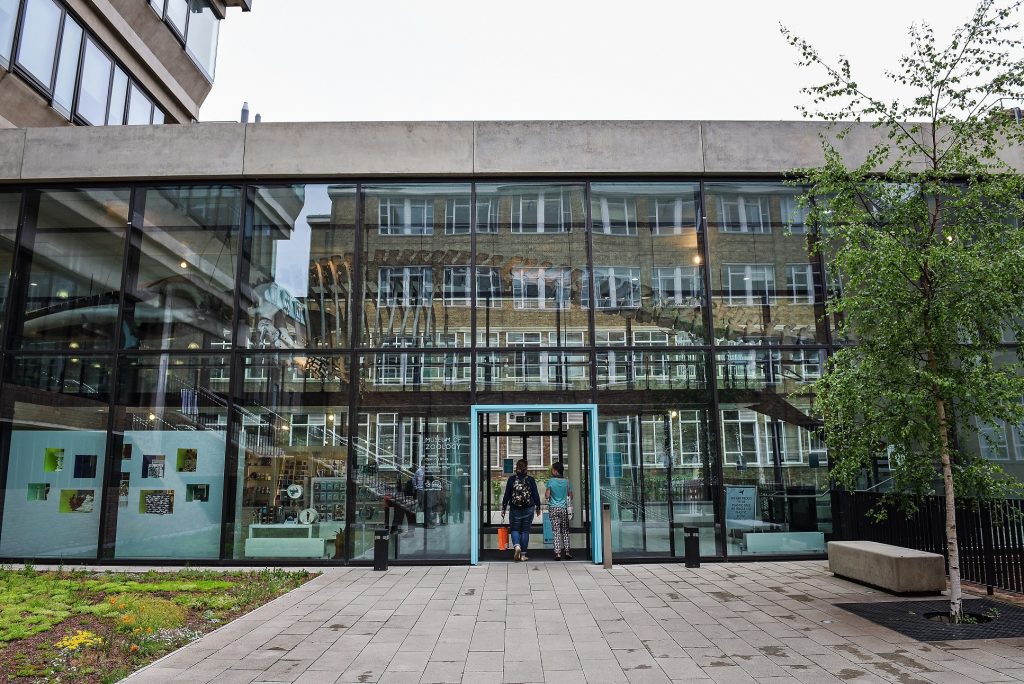📖Program Curriculum
Course Outline
Teaching is provided through lectures, classes, seminars and supervisions and you can expect between 10 and 15 hours of lectures and classes per week during Part I.
Years 1 and 2 (Part I)
Year 1
In the first year, you study the various disciplines which form the core of ASNC studies. There are no compulsory papers – you choose six subjects from a range of 10; and take an examination in four of them and departmental tests in the other two.
Historical subjects:
Anglo-Saxon history
Scandinavian history
Gaelic history (Scotland, Ireland and the Isle of Man)
Brittonic history (Wales, Brittany, Cornwall, the Pictish kingdoms and the North Britons)
Language and literature subjects:
Old English
Old Norse
medieval Welsh
medieval Irish
medieval Latin
palaeography (the study of manuscripts and handwriting)
Year 2
In your second year, you may continue to study your chosen subjects and take an examination in all six of them. Alternatively, you have the option to replace up to three of your first-year subjects with a dissertation and/or one or two 'shared' papers (from related courses). Shared papers currently include subjects from Archaeology, English, and Modern and Medieval Languages.
Year 3 (Part II)
This is where you develop and use the skills you learned in Part I, exploring your chosen fields and applying your newly acquired knowledge in original and imaginative ways.
You study four subjects selected from a range of 17 papers including, for example:
Rethinking the Viking Age
Beowulf
Advanced Medieval Irish Language and Literature
Germanic Philology
These are designed to give you the opportunity to pursue more detailed study in your chosen areas. You may replace one of your four Part II ASNC papers with a shared paper (from another course). The range of subjects currently includes medieval English literature, medieval French literature, historical linguistics, and a subject from the Faculty of History. You may also replace one of your Part II subjects with a Part I paper that you didn’t offer for the examinations at the end of your second year.
In addition, you write a dissertation of between 9,000 and 12,000 words on a specific subject of your own choice within the scope of the course.
For further information about studying Anglo-Saxon, Norse, and Celtic at the University of Cambridge see the Department of Anglo-Saxon, Norse, and Celtic website.
Show less

